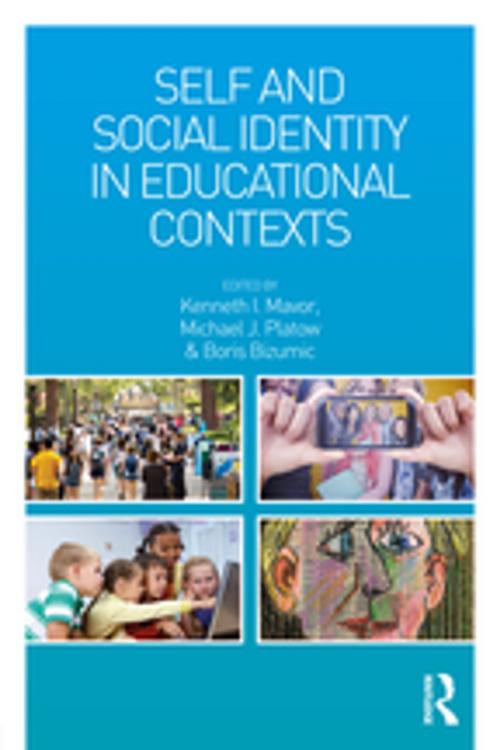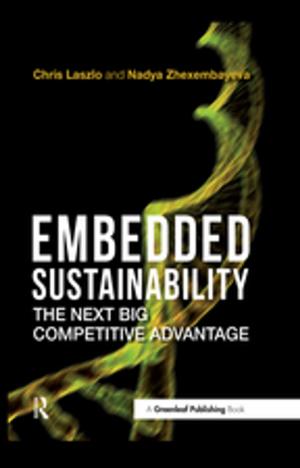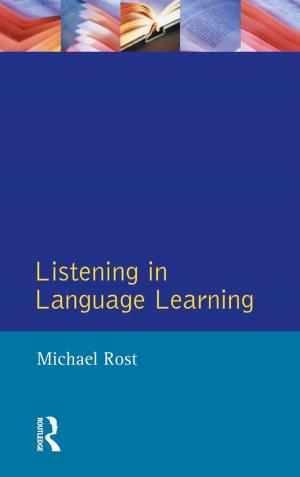Self and Social Identity in Educational Contexts
Nonfiction, Reference & Language, Education & Teaching, Educational Theory, Educational Psychology, Health & Well Being, Psychology, Applied Psychology| Author: | ISBN: | 9781317599753 | |
| Publisher: | Taylor and Francis | Publication: | February 24, 2017 |
| Imprint: | Routledge | Language: | English |
| Author: | |
| ISBN: | 9781317599753 |
| Publisher: | Taylor and Francis |
| Publication: | February 24, 2017 |
| Imprint: | Routledge |
| Language: | English |
This innovative volume integrates social identity theory with research on teaching and education to shed new and fruitful light on a variety of different pedagogical concerns and practices. It brings together researchers at the cutting edge of new developments with a wealth of teaching and research experience.
The work in this volume will have a significant impact in two main ways. First and foremost, the social identity approach that is applied will provide the theoretical and empirical platform for the development of new and creative forms of practice in educational settings. Just as the application of this theory has made significant contributions in organisational and health settings, a similar benefit will accrue for conceptual and practical developments related to learners and educators – from small learning groups to larger institutional settings – and in the development of professional identities that reach beyond the classroom. The chapters demonstrate the potential of applying social identity theory to education and will stimulate increased research activity and interest in this domain. By focusing on self, social identity and education, this volume investigates with unprecedented clarity the social and psychological processes by which learners’ personal and social self-concepts shape and enhance learning and teaching.
Self and Social Identity in Educational Contexts will appeal to advanced students and researchers in education, psychology and social identity theory. It will also be of immense value to educational leaders and practitioners, particularly at tertiary level.
This innovative volume integrates social identity theory with research on teaching and education to shed new and fruitful light on a variety of different pedagogical concerns and practices. It brings together researchers at the cutting edge of new developments with a wealth of teaching and research experience.
The work in this volume will have a significant impact in two main ways. First and foremost, the social identity approach that is applied will provide the theoretical and empirical platform for the development of new and creative forms of practice in educational settings. Just as the application of this theory has made significant contributions in organisational and health settings, a similar benefit will accrue for conceptual and practical developments related to learners and educators – from small learning groups to larger institutional settings – and in the development of professional identities that reach beyond the classroom. The chapters demonstrate the potential of applying social identity theory to education and will stimulate increased research activity and interest in this domain. By focusing on self, social identity and education, this volume investigates with unprecedented clarity the social and psychological processes by which learners’ personal and social self-concepts shape and enhance learning and teaching.
Self and Social Identity in Educational Contexts will appeal to advanced students and researchers in education, psychology and social identity theory. It will also be of immense value to educational leaders and practitioners, particularly at tertiary level.















